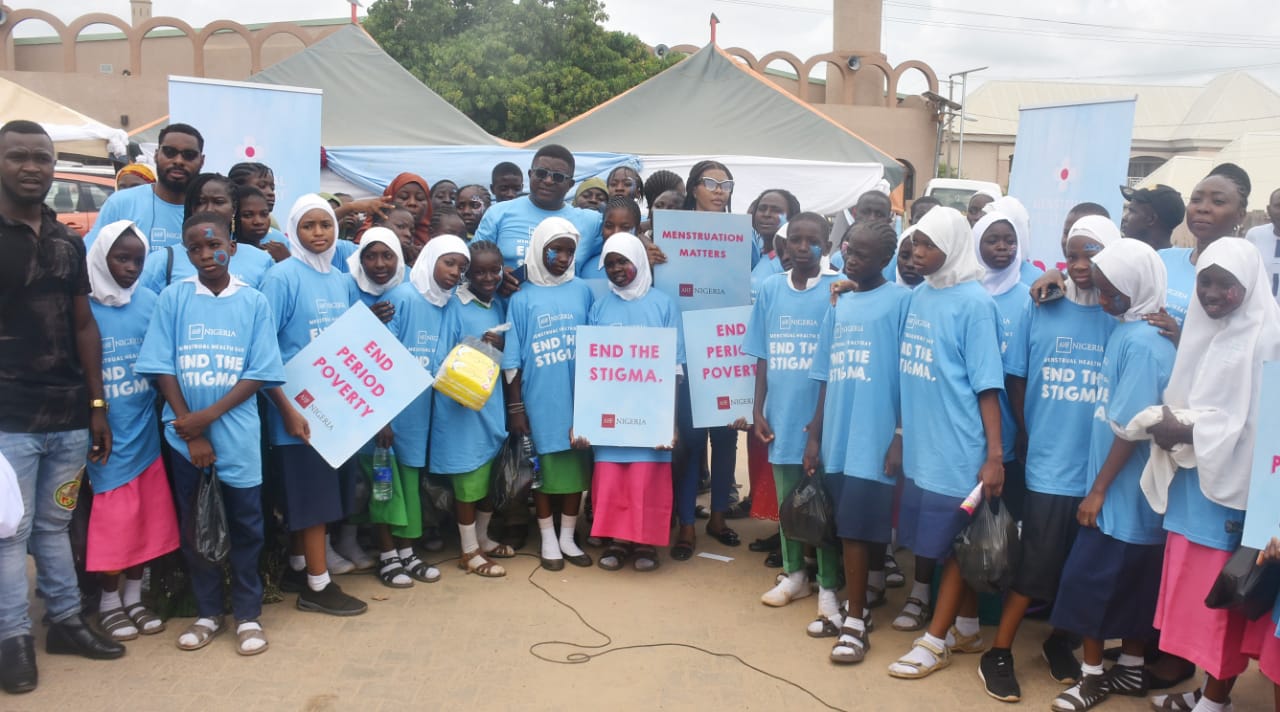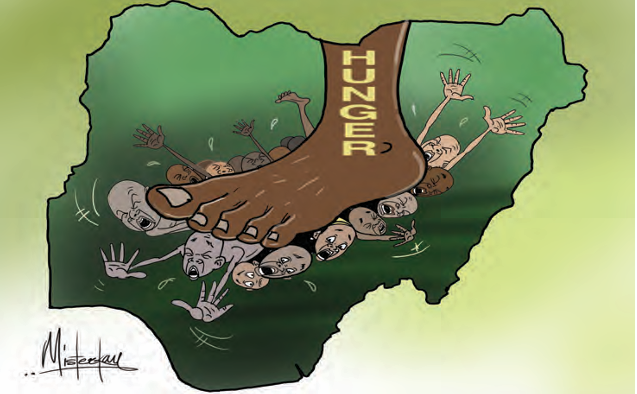 National Bureau of Statistics (NBS)
National Bureau of Statistics (NBS)…the NBS kidnapping data faces significant criticism due to its methodological flaws and questionable figures. The reported number of incidents and ransom payments appear inflated, while the broader security situation in Nigeria demands a more nuanced and accurate assessment. For an administration that has harped on the importance of data-driven governance, those charged with collecting and analysing the data must do so with the utmost diligence and integrity. Only then can decision-makers draw the right conclusions and develop the right solutions to the country’s problems.
On the 17th of December, the National Bureau of Statistics (NBS) released its Crime Experience and Security Perception Survey (CESPS). This report, which received widespread news and social media coverage, made various claims about the rate of crime in the period from May 2023 to April 2024. While public commentary about the report was still brewing, events took an unexpected turn when, less than 24 hours after the release of the report, the NBS announced on its social media handles that its website had been hacked and taken offline. The Bureau asked the public to disregard reports posted until the website is fully restored. By the 19th, it was reported that Adeniran Adeyemi, the Statistician-General and head of the NBS, had been invited for questioning by the Department of State Security over the report, even though this was denied by the NBS.
According to CESPS 2024, a staggering 2,235,954 kidnapping incidents occurred nationwide, with 65 per cent of affected households making ransom payments reaching ₦2.2 trillion, averaging ₦2.7 million per incident. This was a subset of the 51.89 million crime incidents reported by households in the period under review. 51 per cent of crimes are said to have occurred in rural settings. It also reported 4.14 million cases of home robberies, 1.4 million sexual offences, and 14.4 million household crimes. It equally noted the low public confidence in the police, with only 33 per cent reporting police responses of under 30 minutes.
The report effectively defined “prevalence of kidnapping” as the frequency of kidnapping incidents within a specific population, geographic area, or period, adding that it involves unlawfully taking or holding a person against their will, often for ransom, expectation or other criminal purposes. Its methodology raises concerns. However, focusing on households, instead of individuals, introduced potential biases. Larger households have a higher probability of selection, leading to overrepresentation and skewed results. This household-based approach likely inflated the sample size and, consequently, the overall figures.
The reported number of kidnapping incidents (over two million) appears implausible. While acknowledging the endemic nature of kidnapping, particularly in the North, such a figure seems excessive compared to other security challenges. Similarly, the reported ransom payments of ₦2.2 trillion are questionable. It would have been credible if the data showed that the stated sum is a culmination of cash, as well as the worth of what kidnappers or bandits seized in terms of material gains such as cattle, food, house, jewellery and such. The figures are questionable because kidnap victims and their families are not always enthused about the idea of speaking up about how much ransom they paid. Not even the Catholic Church as an organisation warms up to the idea of talking about how much ransom is demanded when its clergy are abducted.
The developments surrounding the CESPS report undermine the credibility of the report itself and the NBS as a body. These events raise concerns about the integrity of future reports and may lead to underreporting of the kidnapping epidemic due to potential government pressure. For a government that has focused on the messengers rather than confronting the issues, reports of interference with the agency charged with collecting and publishing data to inform public policy do not bode well.
The report’s focus on geopolitical zones and regions is insufficient. A more granular analysis at the state and local government area levels would provide valuable insights, considering population density, purchasing power, and poverty rates. This is crucial, especially in regions severely impacted by criminal activities, where entire communities have been displaced. Furthermore, the report claims that over 614,000 Nigerians were killed within a year, translating to more than 1,600 deaths daily. This figure has been widely criticised as “preposterous and mischievous,” drawing comparisons to war-torn countries like Ukraine, Sudan, and Gaza.
It is instructive to note that the NBS is not the only organisation gathering data on crime incidents in Nigeria. The Council for Foreign Affairs’ Nigeria Security Tracker, from May 2011 to June 2023, based on press reports, tracked a total of 98,906 deaths over 12 years. This is a far cry from the numbers that the NBS reported for a single year. However, perhaps the most credible report was done by the consultancy, SBM Intelligence, which released the fourth edition of its annual kidnapping report in August. In the latter report, between July 2023 and June 2024, some 7,568 people were reported to have been kidnapped in the press, and 1,058 were killed in 1,130 incidents. At least ₦1.048 billion is said to have been paid as ransom by distraught relatives and friends. However, four ransom bearers were killed and three others abducted to join earlier victims. Between January and June this year, at least 135 mass abduction incidents (where at least five victims were kidnapped in one incident) were reported, with 3,277 people kidnapped and 125 killed. With many cases settled outside the view of the public or even law enforcement, SBM admitted that these numbers probably represent an undercount. Yet, these numbers are far away from the wild numbers reported by the NBS.
The developments surrounding the CESPS report undermine the credibility of the report itself and the NBS as a body. These events raise concerns about the integrity of future reports and may lead to underreporting of the kidnapping epidemic due to potential government pressure. For a government that has focused on the messengers rather than confronting the issues, reports of interference with the agency charged with collecting and publishing data to inform public policy do not bode well.
Nigerians need credible journalism. Help us report it.
Support journalism driven by facts, created by Nigerians for Nigerians. Our thorough, researched reporting relies on the support of readers like you.
Help us maintain free and accessible news for all with a small donation.
Every contribution guarantees that we can keep delivering important stories —no paywalls, just quality journalism.
In conclusion, the NBS kidnapping data faces significant criticism due to its methodological flaws and questionable figures. The reported number of incidents and ransom payments appear inflated, while the broader security situation in Nigeria demands a more nuanced and accurate assessment. For an administration that has harped on the importance of data-driven governance, those charged with collecting and analysing the data must do so with the utmost diligence and integrity. Only then can decision-makers draw the right conclusions and develop the right solutions to the country’s problems.
Damimola Olawuyi is an aeronautical engineer and public affairs commentator based in Lagos.
Support PREMIUM TIMES' journalism of integrity and credibility
At Premium Times, we firmly believe in the importance of high-quality journalism. Recognizing that not everyone can afford costly news subscriptions, we are dedicated to delivering meticulously researched, fact-checked news that remains freely accessible to all.
Whether you turn to Premium Times for daily updates, in-depth investigations into pressing national issues, or entertaining trending stories, we value your readership.
It’s essential to acknowledge that news production incurs expenses, and we take pride in never placing our stories behind a prohibitive paywall.
Would you consider supporting us with a modest contribution on a monthly basis to help maintain our commitment to free, accessible news?
TEXT AD: Call Willie - +2348098788999

















 English (US) ·
English (US) ·